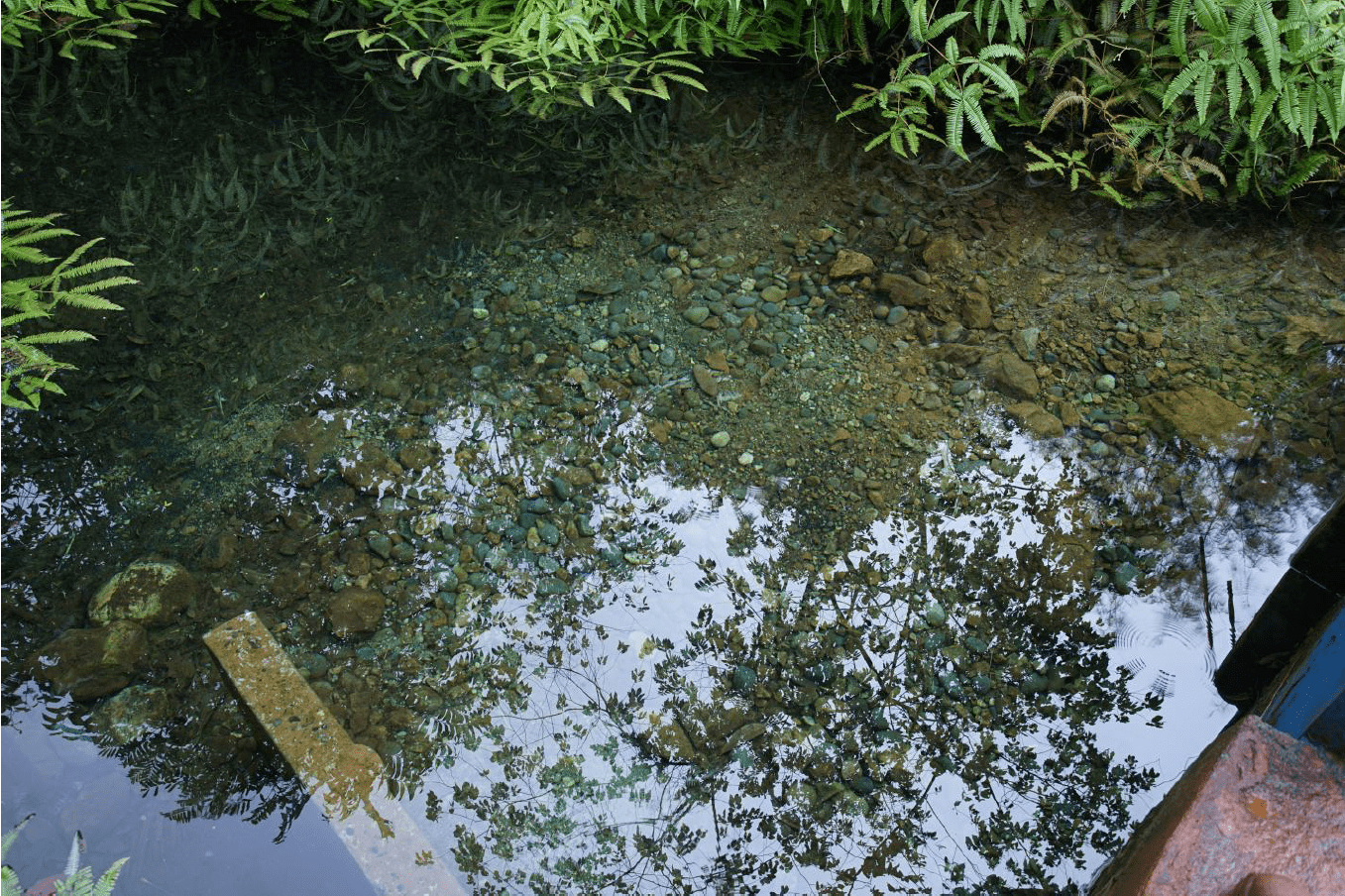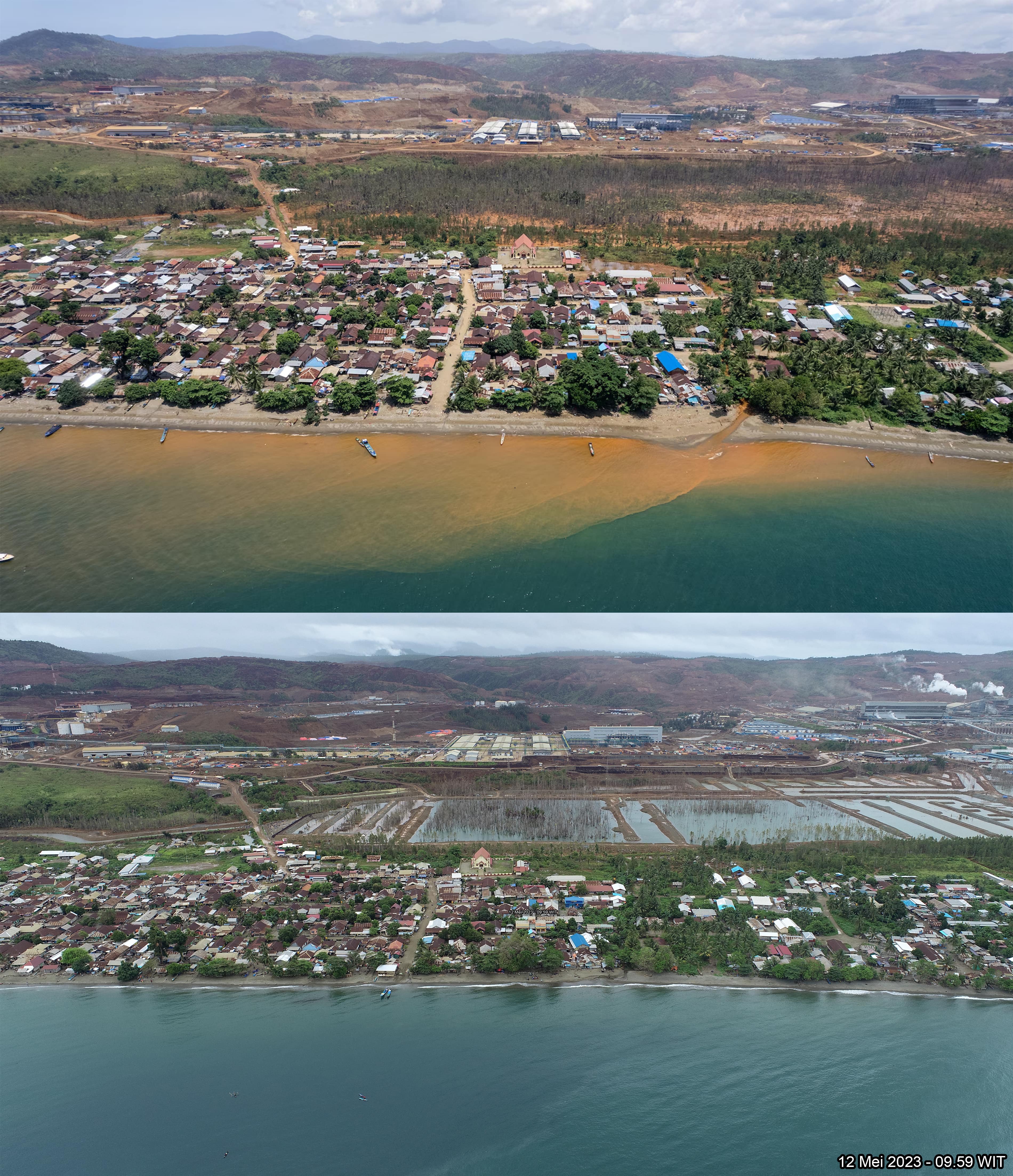


06 October 2023
PT Trimegah Bangun Persada Tbk and its Company of subsidiaries and affiliated companies (PTTBP or the Company) refer to the Washington Post article titled “To meet EV demand, industry turns to technology long deemed hazardous”, released online on 10 May, 2023 (the article). The article focuses on High Pressure Acid Leaching (HPAL) technology, and hence this reply refers to PTTBP’s practices related to the operation of its HPAL facility.
We appreciate the concerns raised in the article, and the Company is strongly aware of the need to responsibly manage our operations. Since the start of our operations on Obi island in 2010, PTTBP has consistently obtained all required permits, and complied with all applicable environmental and other regulations. We are committed to continuous improvement, and welcome feedback on our environmental and social management, and any other aspect of our operations.
As the implementer of the National Strategic Program (PSN) for the Obi Island Industrial Area (KIO), PTTBP is strongly committed to contribute to economic development in Indonesia and to the energy transition on a global level. The Company believes that its operations on Obi Island in general, and its HPAL facility in particular, will strongly contribute to both of these objectives. As mentioned in the article, HPAL technology is currently the only viable option to meet the global demand for electric vehicle battery supply chain materials.
The Company would like to respond to the specific concerns raised in the article as outlined below:
In PTTBP’s Sustainability Policy, we commit to a high standard of environmental practices in line with national regulations and international standards. In recent months, we have responded to a range of concerns about our environmental management, including the points raised in the article. Further information about these responses and our environmental practices can be found on our website. This information directly addresses the issues raised in the article regarding our operation of HPAL technology.
In response to the article, we would like to reiterate that:
Kawasi residents are still using the same source of drinking water they had been using before our operations on Obi island began (the Kawasi spring). Analysis results of the water quality of the Kawasi spring for more than 10 years (2013 – 2023) have shown that the water quality is suitable for consumption and in line with the water quality standards set by the government. In addition to tests in PTTBP-owned laboratories, the water is tested in an accredited, independent laboratory.
In April 2023, we invited 12 national media editors to examine our environmental management practices. They were invited to take water samples from the Kawasi spring to be analyzed in an accredited, independent laboratory. The test result showed an in-situ pH level of 7.87, and a Cr6+ (hexavalent chromium) level of <0.005 mg/L. The respective quality standards for drinking water issued by the Indonesian Ministry of Health are 6.5-8.5 for in situ pH levels and 0.05 mg/L for Cr6+. A media article documenting the visit is available here. Below is a picture taken during the same visit.

Picture of the Kawasi Springs which was taken during a media visit to Obi in April 2023. This is a water source for the Kawasi Villagers.
PTTBP recognizes that runoff water during the rainy season caused a change of color in the water bodies surrounding the Company’s mining operations. This change of color is caused by sediments, and similar effects can be observed in other non-mining areas in Indonesia. We have conducted a thorough investigation to determine the source of the runoff, and concluded with certainty that it is not from our HPAL operations.
Our analysis showed that the runoff in affected water bodies presents no danger to the environment or humans. Yet, in response to inputs and questions from the community and our stakeholders, and as a precautionary measure, we took steps to remedy and prevent this occurrence, including enlarging our sediment ponds. This is demonstrated in the comparison image below.

The top image is an image from the Washington Post article, which we estimate to have been taken before mid-September, 2022. The bottom image was taken on 12 May 2023, which also shows the newly built sediment ponds.
The combined capacity of our current sediment ponds is more than 500 Olympic-sized swimming pools.
Currently, there is no change of water color around our mining area. As proof, we are attaching the images of the coast in front of our operations, taken on 26 April, 2023 (Attachment 2), and 8 May, 2023 (Attachment 3).
The Company monitors the marine environment through the involvement of independent consultants and universities that provide professional and independent perspectives to verify that our operations cause no negative impact. Monitoring activities include water quality, fish population, reef, plankton, and benthos conditions. Monitoring and evaluation results from 2010 to date show no significant impact by our operations on the marine environment.
Several marine experts have conducted research in the sea around Kawasi Village and found abundant fisheries productivity, which is maintained until today. Details are available in the aforementioned public response.
PTTBP has never disposed and will never dispose tailings from our HPAL operations to rivers, the sea, or any area outside its designated tailings storage facilities.
Before operating the current Dry Stack Tailings Placement facility, PTTBP obtained a permit from the Indonesian Ministry of Environment and Forestry (KLHK), which the Company fully complies with.
The KLHK permit requires us to ensure that tailings are not toxic. The parameters our tailings have to meet are :
Evidence that our tailings meet these criteria is provided in the attached laboratory certificate issued by an accredited, independent laboratory (Attachment 5).
We fully recognize that tailings present potential risks. To minimize these risks, we use the following methods:
PTTBP has committed to achieve net zero emissions before 2050, in alignment with the net-zero by 2060 target set by the Indonesian government. To achieve this target, we have been implementing a variety of initiatives to utilize less carbon intensive energy sources, and reduce the Company’s energy consumption.
A key initiative is the construction of a 300MWp solar power facility by 2025, and we are already using solar panels to power street lights and a mobile communication tower on Obi island. Additional information on our commitment to reduce emissions can be found in these articles: CNN Article ; Katadata Article.
While HPAL smelting is carbon-intensive, it creates less emissions than other laterite processing technologies. An overview of average emissions by process has been provided by Wood Mackenzie. As comparison, the widely-used Rotary Kiln-Electric Furnace process is approximately 2.5 times more carbon intensive.
PTTBP measures its carbon emissions to assess and track its progress. Detailed data on our emissions intensity will be released soon in our 2022 Sustainability Report.
PTTBP’s positive relationship with the local community has been well documented. While our presence might not be appreciated by everyone, we have strong evidence that we contribute to improved living conditions of the local community. An overview of our community development activities, as well as the documentation of a visit of local NGO leaders is available in this video.
PTTBP build and maintain regular communications with local communities both formally and informally. The Company also developed a grievances mechanism that is open to the local communities’ perspective and problems. Together with the local government, PTTBP is always willing to try to solve them. It is absolutely incorrect to mention that villagers are defenseless in Kawasi Village.
Our current community development activities on Obi island include:
PTTBP embraces transparency and is always open to all its stakeholders. The company is regularly visited by the government and other authorities, journalists, customers, suppliers, partners, as well as NGO activists. We require all visitors to show clear intentions and credentials, considering that PTTBP holds the status as a National Strategic Project and National Vital Object, which requires us to ensure security in and around our operational area. Therefore, every person entering our operational area must be accompanied by operational production professionals and wear protective equipment to ensure personal safety.
We hope that our responses provide further clarity and context to demonstrate how PTTBP is responsibly managing its operations to protect the environment and people around our site of operations. We will continue to improve and innovate our practices in a sustainable manner.
Go Top